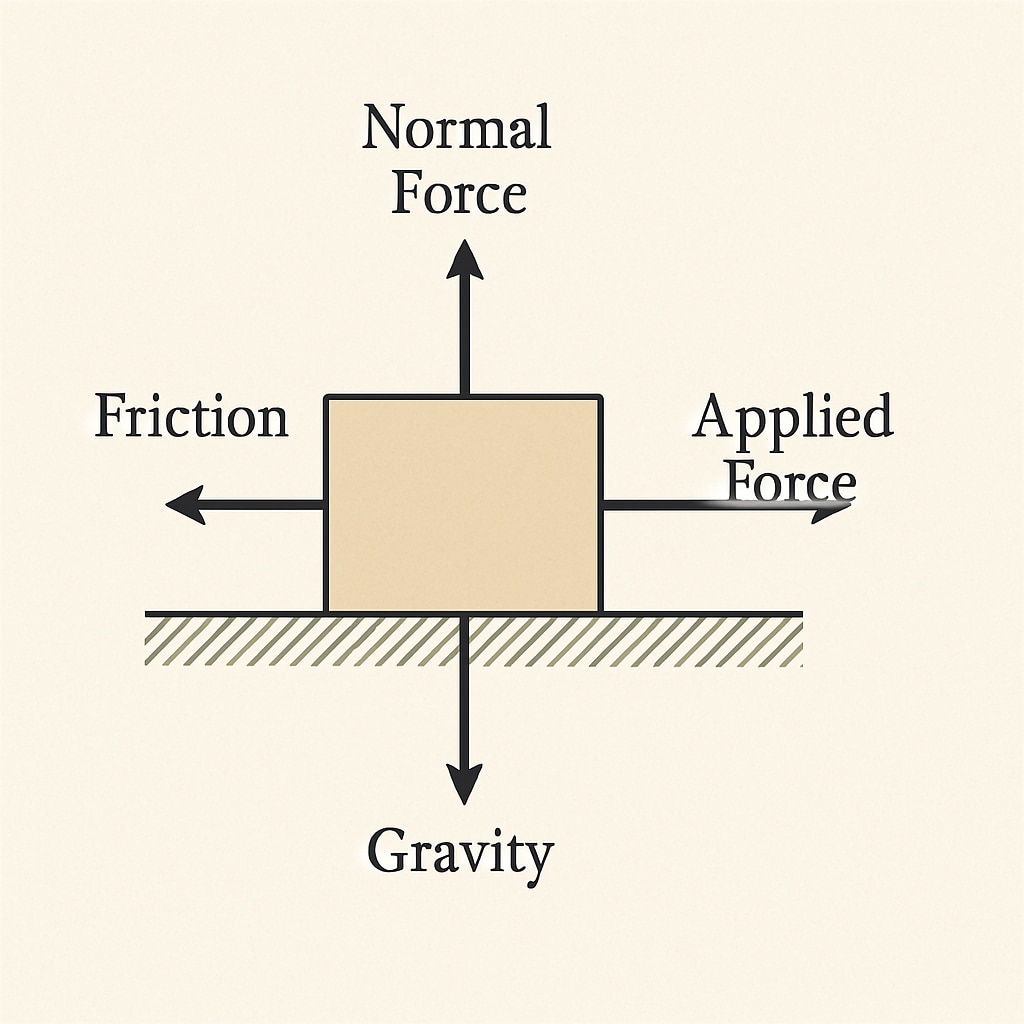For students grappling with physics backlogs, time management, and exam preparation, the challenge of catching up on multiple physics topics while balancing personal obligations can feel overwhelming. However, with the right strategies, you can systematically approach your workload and make significant progress. This article outlines methods to prioritize, plan, and execute your study goals effectively, even under tight time constraints.
Identify and Prioritize Your Physics Backlogs
Before diving into study sessions, it’s crucial to identify the specific areas where you’re lagging. Physics is a subject that builds on foundational concepts, so pinpointing gaps in your knowledge is the first step. Start by:
- Listing all the topics or chapters where you feel unprepared.
- Assessing the weightage of each topic in your exams to prioritize critical areas.
- Breaking complex topics into smaller, manageable parts.
For example, if you’re struggling with mechanics and electricity, focus on the fundamentals of forces and circuits before advancing to more intricate problems. By addressing the most crucial backlogs first, you can ensure that your time and energy are spent effectively.

Master Time Management for Physics Exam Preparation
Time management is the backbone of successfully overcoming backlogs in physics. To make the most of your limited time, follow these strategies:
- Create a Study Schedule: Allocate specific blocks of time for each topic, ensuring you balance preparation across all subjects.
- Use the Pomodoro Technique: Study in focused intervals of 25 minutes, followed by a short 5-minute break to stay refreshed.
- Eliminate Distractions: Keep your study environment free of interruptions like social media or unnecessary notifications.
- Combine Active and Passive Learning: Mix problem-solving sessions with passive review methods like watching educational videos.
For additional guidance, refer to resources like the Wikipedia entry on time management, which provides insights into effective planning techniques.
Adopt Efficient Learning Techniques
When preparing for exams, it’s not just about how much time you spend studying but how effectively you use that time. Here are some proven learning strategies:
- Use Visual Aids: Diagrams, flowcharts, and mind maps can help you understand and retain complex physics concepts.
- Practice Regularly: Solve past exam papers and sample problems to familiarize yourself with common question patterns.
- Teach What You Learn: Explaining topics to a friend or even to yourself can reinforce your understanding.
- Focus on Core Principles: Instead of memorizing formulas, understand the principles behind them and their real-world applications.
Additionally, tools like online simulators and interactive platforms can make learning physics more engaging. For example, Britannica’s overview of physics provides valuable context for understanding key concepts.

Maintain a Positive Mindset and Manage Stress
While academic pressure is unavoidable, maintaining a positive mindset can significantly impact your performance. To keep stress levels in check:
- Set Realistic Goals: Avoid overloading yourself with an unattainable amount of work each day.
- Take Care of Your Health: Get enough sleep, eat nutritious meals, and exercise to boost your cognitive function.
- Stay Motivated: Reward yourself for small achievements, such as completing a challenging topic.
- Seek Support: If you’re feeling stuck, don’t hesitate to ask teachers, peers, or tutors for help.
By combining effective study techniques with self-care, you can build the resilience needed to face academic challenges head-on.
The Road to Academic Success
In conclusion, clearing physics backlogs, managing time, and preparing for exams requires a combination of smart planning, efficient study methods, and a positive attitude. By identifying your priorities, mastering time management, adopting effective learning techniques, and taking care of your well-being, you can overcome even the most daunting academic challenges. Remember, persistence and consistency are the keys to success.
Readability guidance: Break down complex topics into smaller sections, use lists for clarity, and maintain a logical flow of ideas. Incorporate over 30% transition words for smoother reading and keep sentences concise where possible.


